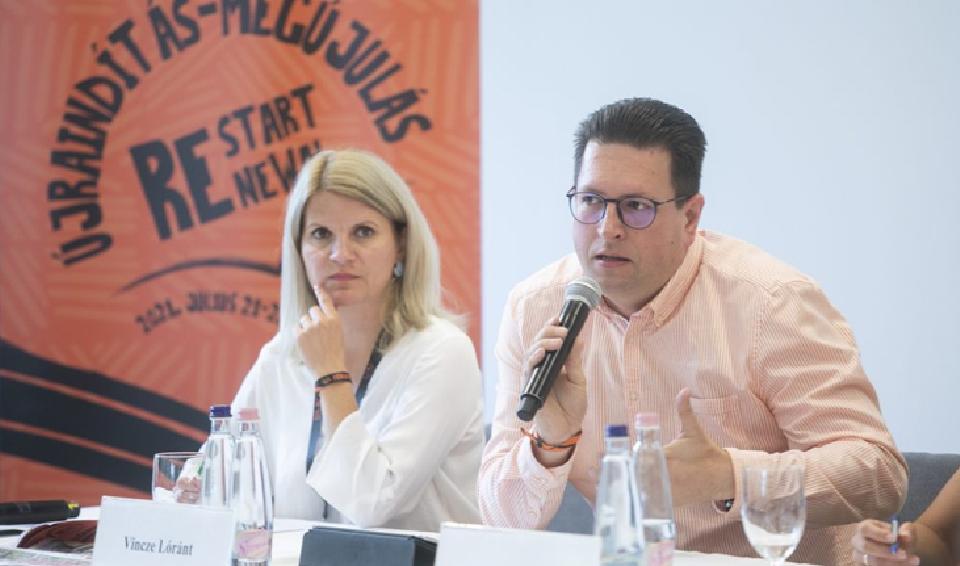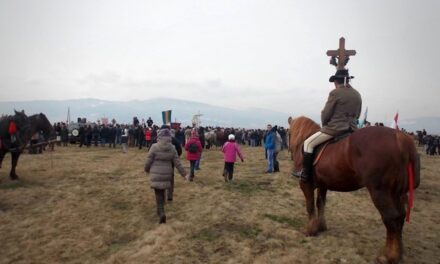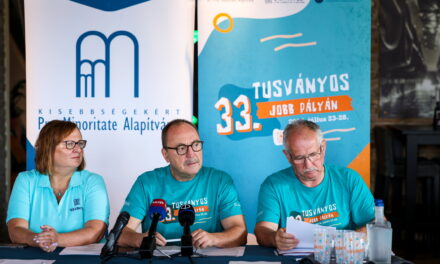The fundamental source of the conflict is that indigenous national minorities who want to preserve their language and culture do not fit into the uniformizing cultural revolution of the European political elite - among other things, Vincze Loránt, RMDSZ EP representative, spoke about this at the alternative Tusványos organized in Sátoraljaújhely, the Restart/Revival you.
As he explained, Europe's indigenous minorities cannot help but draw attention to themselves with violent acts like the Black Lives Matter movement; however, when the Minority SafePack minority protection initiative was put down after going through the legal process, the European Commission simply swept it off its table.
Loránt Vincze noted that the citizens' initiative protecting the rights of animals was adopted by the European Parliament with the greatest agreement and speed, with which the EU essentially sent a message: yes to animal rights, no to human and minority rights.
He added: national minorities, communities protecting their language and culture do not fit into this framework. He believed that the Western European trend of society above nations seems to be sweeping away everything.
The president of FUEN also talked about how the conflict that erupted in connection with the American Black Lives Matter movement, the movements started a trend. At the same time, the indigenous national minorities do not want to start such conflicts, they do not want attention to be drawn to them in Europe. As is known, the European Commission swept the initiative off the table in one fell swoop, saying that it was unnecessary to deal with this topic, since the rights of indigenous minorities were guaranteed.
At the same time, Loránt Vincze pointed out that despite the rejection, the initiative can still show results, starting with the fact that solidarity towards native minorities in Europe has been built, and in addition, a legal instrument that can be referred back to has been put on the table.
He also called it an important result that the protection of European minorities in the Carpathian basin was made a national political goal, and that Hungary was at the forefront of this. As an unexpected effect, the majority nations also lined up behind the minorities; the decisions of the German, Dutch and Italian parliaments supporting the initiative also point to this.
more details on the Pesti Srácok page here.













